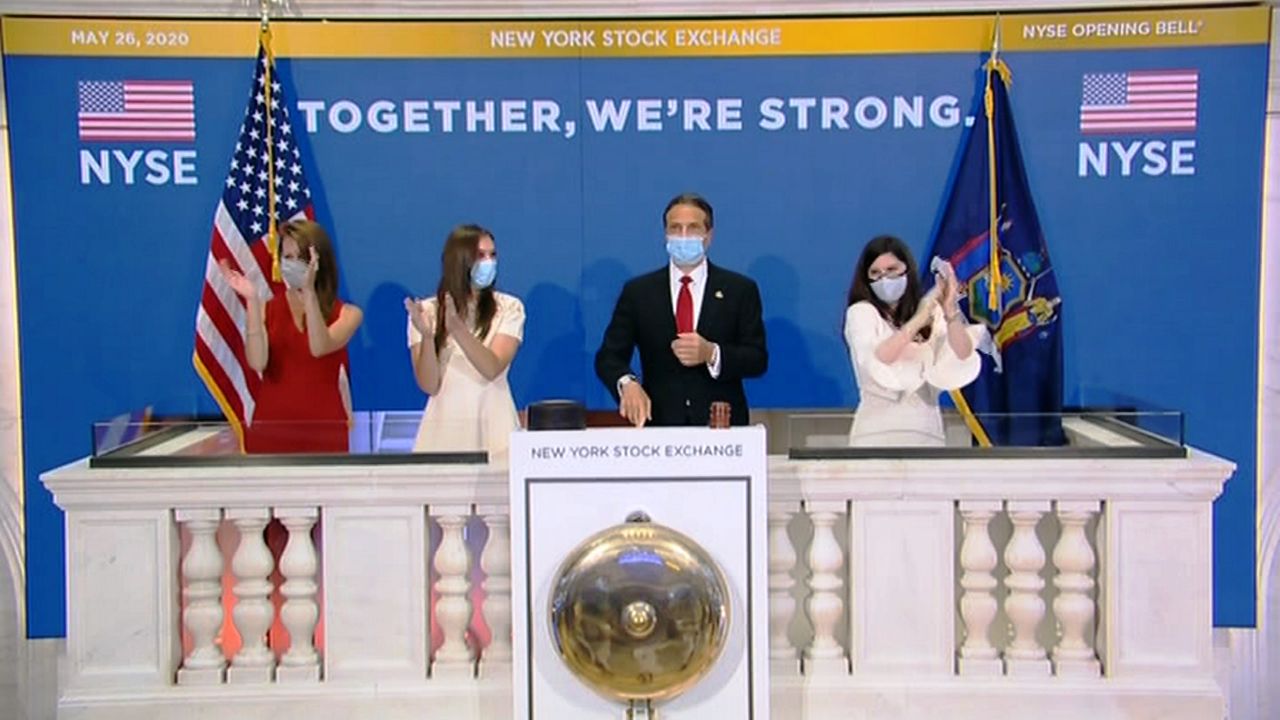When Andrew Cuomo was about take office as governor in 2011, he handed out copies of the book "The Man Who Saved New York" which chronicled the efforts of Hugh Carey's administration to stabilize New York City's finances.
At the time, New York was emerging from a devastating recession and faced a yawning budget gap.
A decade later, those problems seem quaint by comparison, as the state faces a multi-year gap of $61 billion due to the economic devstation wrought by the coronavirus pandemic.
But Cuomo, who came of age in the 70s working with his father, remembers that era in New York. In other words: No borrowing.
"We don't want to create more debt than the state can pay going forward," Cuomo said on Tuesday.
This could lead to even further cuts for schools, hospitals and local governments.
Opposing a plan for New York City to borrow its way out of the problem could (and likely will) be viewed as another chapter in the ongoing feud between the governor and New York City Mayor Bill de Blasio.
But it's also rooted in the fiscal crisis of the 1970s New York City faced, the era of urban decay and Gerald Ford telling the city (in the words of The Daily News) to "drop dead."
That era has informed a lot New York policy makers today as something not to replicate or go back to. A lot of equity in New York City as a tourist destination, the financial capital of the world, is at stake.
"And then you have start to cut services and then you are in that vicious downward cycle," Cuomo said of borrowing. "We've been there before."
Cuomo is, for now, similarly averse to raising taxes on the rich to make up the difference. So that leaves the federal government and the possibility of yet another stimulus bill that will provide direct aid to state governments.
"I'm still banking on Washington doing the intelligent thing," he said. "I don't want to create the excuse or the possibility for Washington to not act."
For now that's leaving school districts and local governments hammering out budgets with no real sense for revenue in the dark -- just as the state was in the dark when it approved a $178 billion spending plan that was largely a placeholder.
A lot will hinge on the federal government coming through.
"If we don't get funding from Washington," Cuomo said, "there's going to be a serious financial issue."


